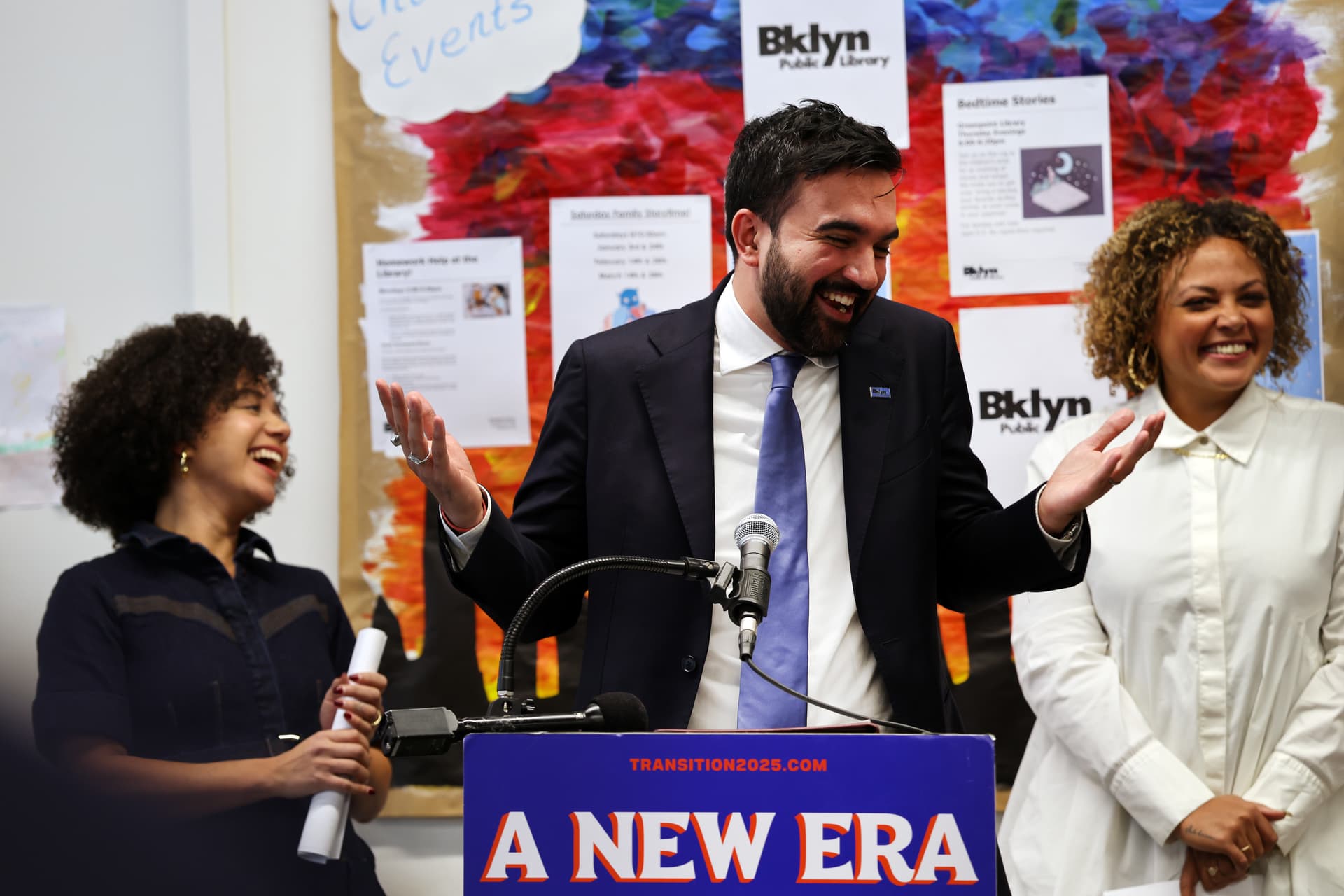
‘I Have the Right To Talk About Their Decision’: Colbert Doubles Down on Claim CBS Blocked Him From Interviewing Democrat
By BRADLEY CORTRIGHT
|This article is from the archive of The New York Sun before the launch of its new website in 2022. The Sun has neither altered nor updated such articles but will seek to correct any errors, mis-categorizations or other problems introduced during transfer.

Already have a subscription? Sign in to continue reading
$0.01/day for 60 days
Cancel anytime
By continuing you agree to our Privacy Policy and Terms of Service.

By BRADLEY CORTRIGHT
|
By DANIEL EDWARD ROSEN
|
By LAWRENCE KUDLOW
|
By THE NEW YORK SUN
|
By THE NEW YORK SUN
|
By MARIO NAVES
|
By BRADLEY CORTRIGHT
|
By LUKE FUNK
|